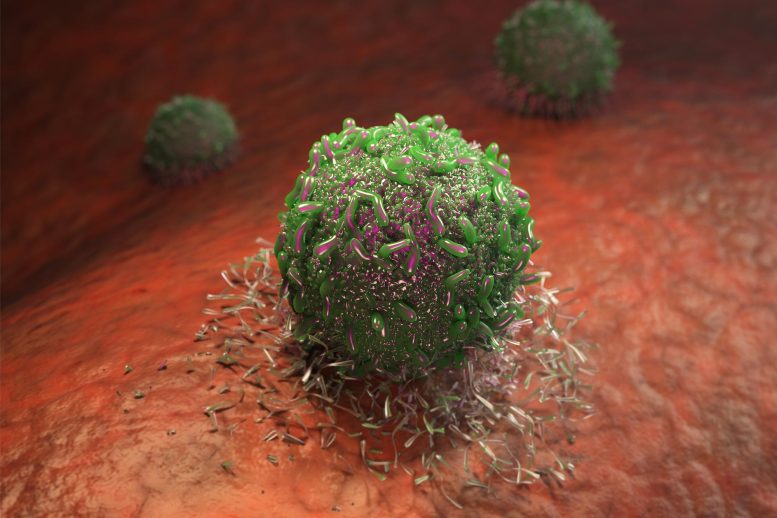
Bladder cancer is a type of cancer that begins in the bladder lining. The bladder is a part of the body system that filters waste from your blood and produces urine.
Experts warn awareness of bladder cancer is worryingly low.
According to a recent survey from the European Association of Urology (EAU), Europe has some of the highest incidence rates of bladder cancer in the world, yet understanding of the condition is still alarmingly low. According to the poll, which looked at awareness of bladder cancer and its primary symptoms among European adults, over 60% of European people are either unfamiliar with bladder cancer or are unaware of how serious it can be.
Many do not recognize the symptoms
A change in the color of the urine or the presence of blood in the urine is generally the first indicator of bladder cancer and should prompt an emergency visit to a doctor or healthcare professional. However, more than half (55%) of those polled were unaware that a change in the color of their urine might be an early sign of bladder cancer.
An early diagnosis of bladder cancer may improve treatment results dramatically. The appearance of blood in urine is one of the most prevalent early signs of bladder cancer. According to the survey, 75% of adults do not always examine their urine for a change in color, and 22% rarely or never check their urine.
Unwillingness to seek medical advice
The new survey has also shown that adults are unwilling to seek medical advice, even if they did notice symptoms. 20% of participants said that they would wait one week or longer before speaking to a doctor or healthcare professional if they noticed a change in the color of their urine from yellow to orange, pink or red. The most common reason for not seeking medical advice was that people expected it to improve by itself.
Professor Arnulf Stenzl, Secretary General-elect of the EAU, and head of the urology department at the University Hospital in Tübingen (DE), specialized in bladder cancer: “With bladder cancer, catching it early is crucial as this results in better survival rates. Those patients diagnosed at stage 1 have an 80% chance of five-year survival, compared to 40% at stage 3. The results of our survey provide us with a very worrying message that there is an urgent need for increased public education to make them aware of bladder cancer symptoms and to talk to a specialist like a urologist. This will help to achieve earlier diagnosis and lower the mortality rates.”
The survey was funded by Astellas Pharma Europe.

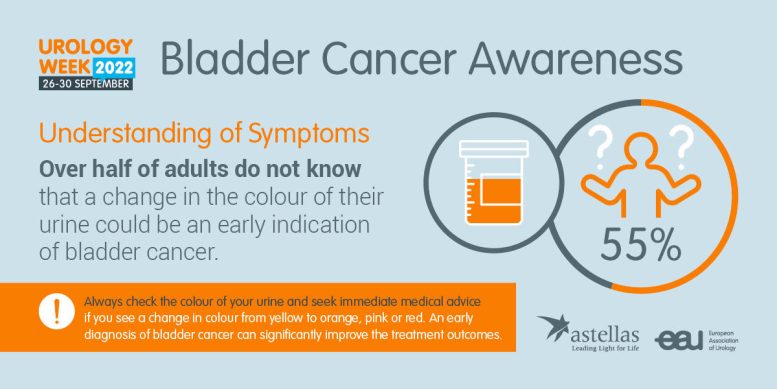
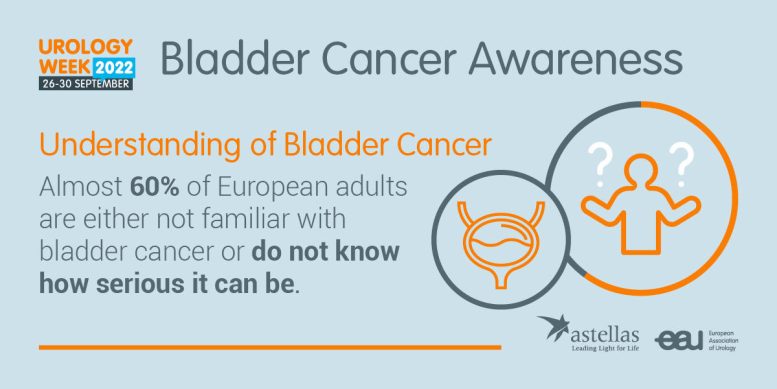
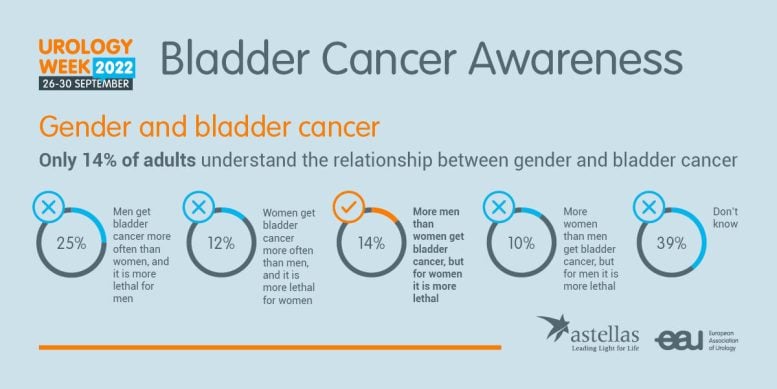




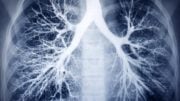



What? 75% don’t always check their urine, and 22% NEVER do? I am shocked. Being a willing partner in your continued healthcare, along with your physician, is how good outcomes happen when illness strikes. You must be willing to note changes in your body functions and ask your health care team the right questions.
I was able to call my physician and tell him I very likely had DVT. I had watched and learned from DR.G. Medical Examiner. I had one swollen and painful leg, and the other was unaffected. As it turned out I had massive blood clots in my thigh. If I had ignored it, thinking that it would go away, I could have died from a pulmonary or coronary embolism. You have to pay attention to your body, and you have to educate yourself. Your skin, urine and stools are your body’s early warning system, don’t ignore them…
I told my doctor about pink urine last Fall, he ignored me. I reminded him in Spring, too. Happily a urinary tract infection sent me to Urgent Care, their doctor alerted me to the possibility of cancer. I sought a urologist, it turns out I have Stage 1, 2, 3, and 4 cancer in my bladder (different layers have different stages). I am finishing the brachytherapy and chemotherapy.
The moral of the story is get a second opinion and maybe a lawyer in case your physician turns out to be as uninterested in your health as mine.